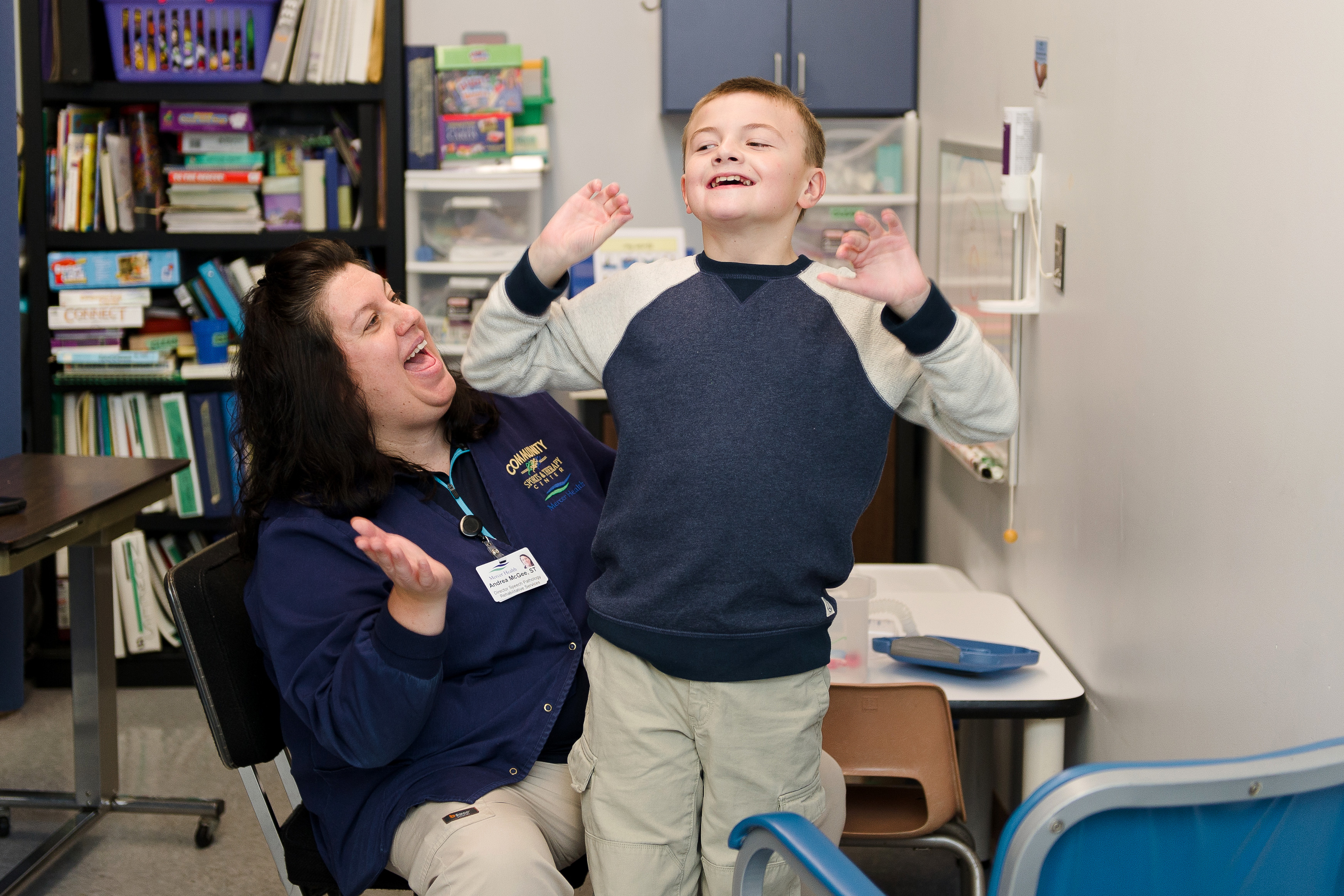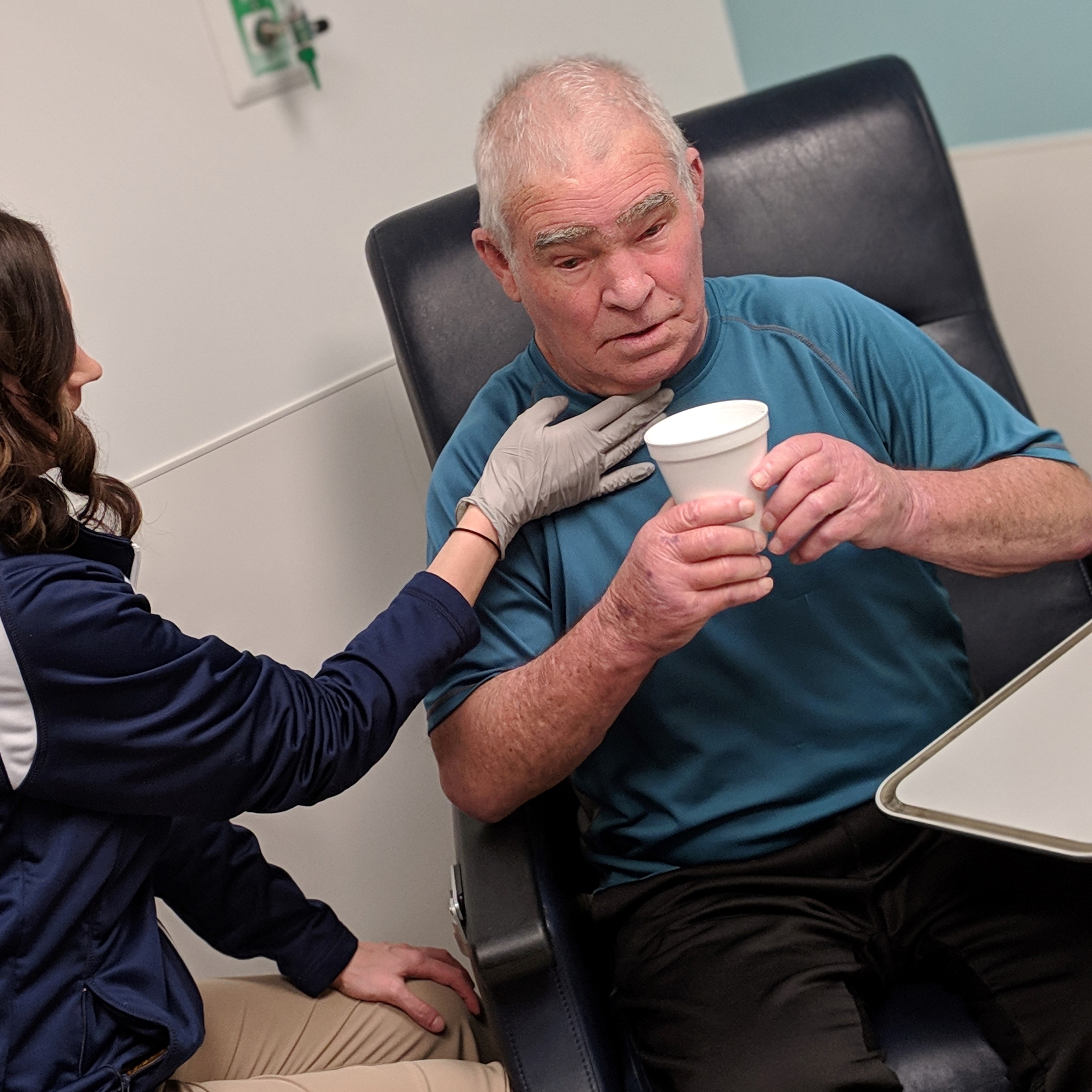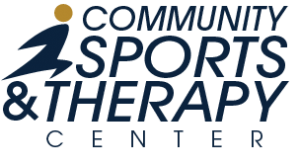

Speech-Language Pathologists (SLPs) are professionals educated in the study of human communication including speech and language, cognitive function and also are trained to evaluate and treat swallowing disorders in children and adults. By evaluating the speech, language, cognitive, communication, and swallowing skills of the patient, the speech-language pathologist determines what communication or swallowing problems exist and the best way to treat them.
SLPs are trained to help improve, adapt or restore functions that have been impaired or lost as a result of illness, injury or congenital abnormality involving goals set by the therapist, patient and family that an individual can reach in a reasonable period of time. Speech therapy services also help maintain, develop or improve skills which have not (but normally would have) developed or which are at risk of being lost as a result of illness, injury, loss of a body part, or congenital abnormality. Examples include therapy for a child who is not speaking at the expected age or an adult with difficulty speaking after a stroke.
Speech therapy covers a wide range of services for all ages, from birth to old age, and is provided in schools, hospitals, home care, rehabilitation centers, and nursing homes. SLPs work with individuals who have physical or cognitive disorders resulting in difficulty communicating. Communication includes speech (articulation, voice, linguistics) and language (phonology, morphology, syntax, semantics, pragmatics, both receptive and expressive language, including reading and writing). SLPs treat acquired reading and writing impairments in adults and children who have previously learned how to read and write and are diagnosed with neurologic impairments. SLPs also provide services for individuals with dysphagia (difficulty swallowing).
Community Sports and Therapy offers many different areas of specialty
within the speech therapy field including, but not limited to:
-
Adult Language Disorders
-
Aphasia
-
Apraxia of Speech
-
Articulation Disorders
-
Auditory Processing Disorder
-
Autism
-
Child Language Disorders
-
Cognitive
-
Communication Disorders
-
Dementia
-
Dysarthria
-
Dysphagia
-
Expressive Disorders
-
Home Health Care
-
LSVT LOUD®
-
Memory Difficulty
-
Pediatric Therapy
-
Pragmatic Language Disorders
-
Receptive Disorders
-
Selective Mutism
-
Social Communication Disorders
-
Speech and Language Disorders
-
Stroke Recovery
-
Stuttering
-
Swallowing and Feeding Disorders
-
Traumatic Brain Injury
-
Voice or Resonance Disorders
We offer Cancer-Related Cognition Therapy
Cancer-Related Cognitive Impairment (CRCI) includes:
• Mental fogginess
• Trouble concentrating
• Forgetting things they usually have no trouble recalling
• Difficulties remembering details (names, dates, etc.)
• Trouble multi-tasking
• Taking longer to finish tasks
• Word finding difficulties
We offer Cancer-Related Dysphagia Therapy
Individuals treated for head and neck cancer may experience any or all of the following swallowing problems:
• The need to swallow many times to clear food from the mouth and throat
• Gurgly, wet-sounding voice after swallowing
• Coughing or choking
• Throat clearing while eating
• Pain and dryness when swallowing
Why should I see a Speech Language Pathologist (SLP) before beginning treatment for head/neck cancer?
Recent studies have found that patients who begin using swallowing exercises before beginning cancer treatment have less severe side effects from treatment and a better chance to continue eating and drinking normally after treatment is complete. Preventing these difficulties has been found to be more effective than trying to correct them after they occur. Meeting with a SLP before beginning your cancer treatment will help you better understand what to expect, as well as how you might best maintain or restore your swallowing function.
How do I get started?
Discuss your cognition symptoms and memory difficulties or your swallowing symptoms and difficulties with your doctor.
A physician referral is required for speech therapy services. Ask your physician to order “ST evaluate and treat.” Following the evaluation, the Speech Language Pathologist will determine the best treatment plan for you.


